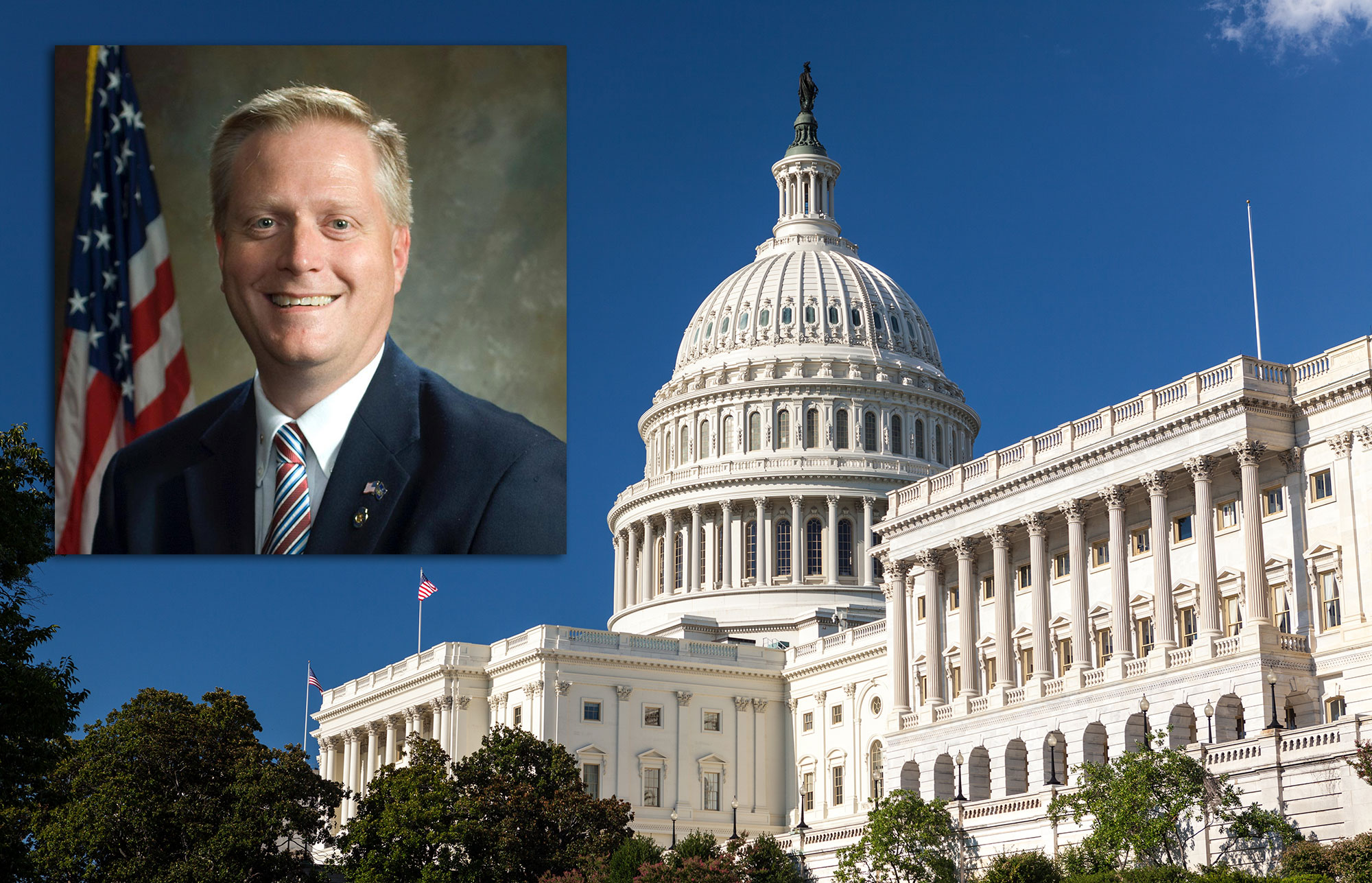Washington, D.C. — Today, Congressman Fred Keller (R-PA) voted against President Biden and Congressional Democrats’ reckless $2 trillion stimulus plan, legislation that focuses more on fulfilling partisan priorities than combating COVID-19.
On the legislation, Congressman Fred Keller made the following statement:
“Today’s vote clearly shows the disconnect that exists between what Washington Democrats want and what the American people truly need. Rather than spend trillions more in taxpayer dollars on items unrelated to COVID-19, we should first look at being accountable for the more than $1 trillion that has yet to be spent from previous relief efforts.
“Any further relief must be temporary, targeted, and tied to COVID-19. Unfortunately, less than 10 percent of this latest package addresses public health. I voted to reject this bill because it comes at a significant cost the American taxpayer and fails to move our nation closer to our goals of defeating this virus and returning our nation to normal.”
Congressman Keller speaks out against the $2 trillion stimulus plan on the House Floor before the vote.
Background:
This week, Congressman Keller penned an Op-Ed on the real cost of Biden’s stimulus plan which ran in the Washington Times, as well as the Sunbury Daily Item, Williamsport Sun-Gazette, Lewistown Sentinel, Lock Haven Express, Towanda Daily Review and Milton Standard-Journal.
In his Op-Ed, Keller explained that only 9 percent of this stimulus plan goes to public health spending, while the other 91 percent addresses political items unrelated to the pandemic, including:
- $12 billion in foreign aid
- $510 billion in local and state bailouts
- $86 billion to prop up multiemployer pension plans
- $34 billion to expand Obamacare
- $200 million for the Institute of Museum and Library Services
- $135 million for the National Endowment for the Arts
- $135 million for the National Endowment for the Humanities
- $112 million for an underground rail project in Silicon Valley Pelosi
- $1.5 million for the Seaway International Bridge
Even the vast majority—95 percent—of the $130 billion for K-12 schools will not actually help get kids back in the classroom because it will not be spent this year.
Because of the exorbitant price-tag of this proposal and how it has been fast-tracked through Congress, the $1.9 trillion cost must be offset, which could trigger cuts to existing federal programs that seniors, veterans, and farmers rely on. That could include an approximately $30 billion cut to the Medicare program every year for the next 10 years starting in 2022, as well as cuts to payments to military retirement and farm support programs.


